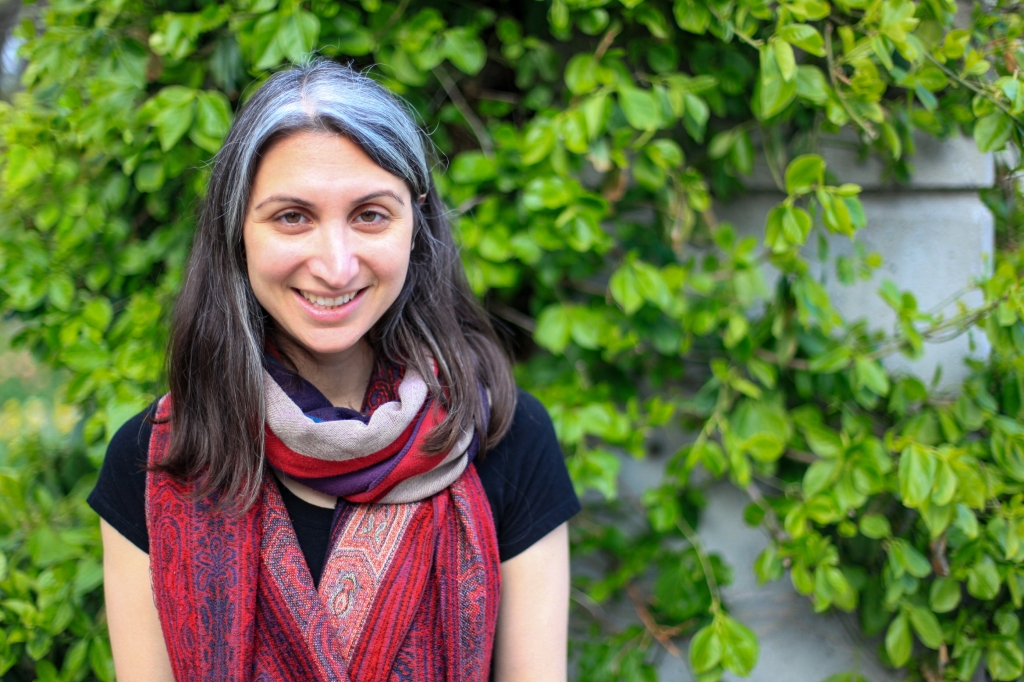Interview conducted by Alicja Minda.
A career as an editor is often a solo adventure, especially if you’re a freelancer. So we thought one way to better connect with fellow editors was to ask them the Five Ws: who, what, where, when, and why. Read on for some thought-provoking, enlightening tidbits from those of us who choose to work with words to earn our keep.

Please tell us a little about yourself, the kind of work you do (and where you live), and how long you’ve been an editor.
I’ve been working as an editor for 10 years. I started out as a fact-checker at Canadian Geographic magazine in 2008. I returned to Canadian Geographic in 2011 after going back to school for a Master of Journalism degree at Carleton University, this time as new media editor. I got a taste for editing then, and through my work, I developed a great interest in Canada’s North. So when a position opened up for associate editor at Up Here, a magazine that covers Canada’s Far North, I jumped at the chance. At Up Here, which is based in Yellowknife, Northwest Territories, I eventually became co-editor, along with two colleagues, and developed a 360-degree view of what it takes to produce a magazine.
I’m now based in Toronto and am the managing editor at The Walrus, which means I manage the day-to-day operations of the magazine. This includes overseeing production, managing the editorial fellowship program, and tracking writers’ invoices. I also edit some articles, and since The Walrus is a general-interest magazine, I get to work on stories on a wide range of topics.
Who: If you could edit one famous author, living or dead, who would it be?
I would love to work with Latif Nasser, co-host of the WNYC Studios radio show Radiolab. Previously, Latif hosted the podcast The Other Latif and the Netflix show Connected. He’s a researcher and storyteller, and I love how his curiosity takes him down quirky, winding paths. I would find it delightful to brainstorm story ideas with him, follow his reporting journey, and help him weave a magazine story—assuming he wants to write one. He’s from Mississauga, Ontario, so if anyone reading this knows him, please tell him I’m a fan and would love to edit his writing.
What: Do you have a favourite punctuation mark and/or a favourite word?
My favourite word is trundle. I actually misuse it most of the time when I’m speaking; it’s defined as slow, uneven movement, but I tend to substitute it for walk because I just think it sounds more fun. To me, “I’m going to go out for a trundle” sounds like it reflects my aimless wandering, whereas going out for a “walk” seems more purposeful. This distinction is mostly in my head, though, and I try not to use the word trundle much in my writing so as not to confuse anyone with my made-up definition. Besides, I walk pretty quickly.
Where: If you could work anywhere in the world as an editor, where would that be?
In the summer of 2010, I interned at Syria Today, a magazine in Damascus, where I grew up, and I loved the possibilities the general-interest magazine presented. There was so much to write about that wasn’t covered anywhere else, and it felt fulfilling to be writing and editing for Syrian readers rather than to be writing about Syria for outside readers. I haven’t been to Syria since 2011, and a great many things would have to happen before I felt safe enough to return—and for unrestricted journalism to become possible there. But I haven’t given up hope yet.
When: Was there ever a time in your life when you seriously questioned your career choice?
Every time I receive a first draft and wonder what on earth qualifies me to edit another person’s writing. I say that only partly in jest, because the impostor syndrome has never quite faded away. For the most part, though, I have trouble imagining myself doing anything else full-time.
Why: Why did you choose to become an editor? Or, should we ask: Why did editing choose you?
In school, I’d ask to edit friends’ English papers for fun. I always look for typos in everything I read (and I always feel pretty smug whenever I catch one). When I’m watching a movie or television show, I try to imagine the screenplay or script, and I sometimes make mental edits. During a job interview nine years ago, I was asked whether I wanted to be an editor or a writer. “Editor,” I replied, surprised at my own conviction. I hadn’t prepared for that question, but I knew it was the right answer when I said it.
And, of course, we just had to ask the inevitable how: How would you sum up your motto?
If I’m not enjoying my work or finding it fulfilling, then I’m not doing it correctly. I say that knowing it’s a great privilege to pursue one’s desired career path and to enjoy the work. And I have been extremely lucky in my career so far.
Alicja Minda is a freelance journalist, editor and researcher based in Toronto. She is the editor-in-chief of BoldFace.
This article was copy edited by Mindy Fichter.
